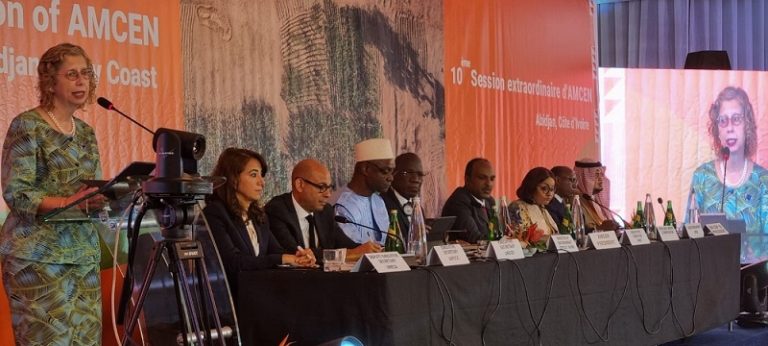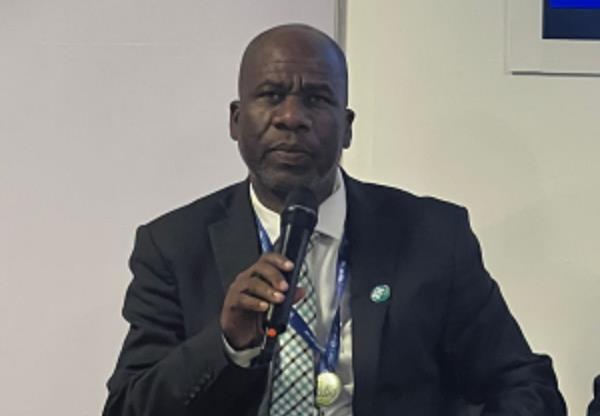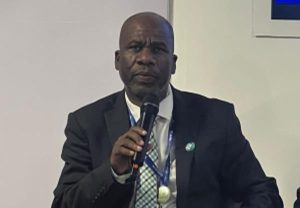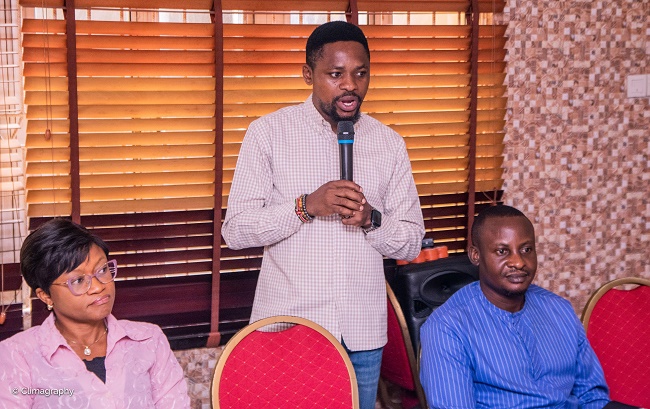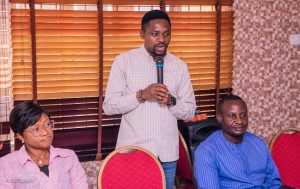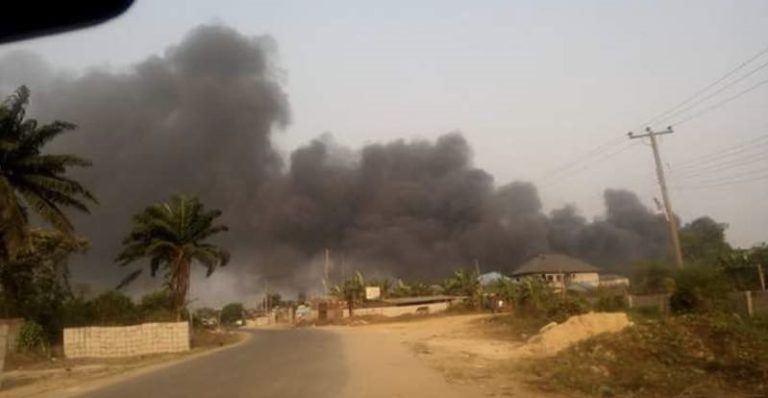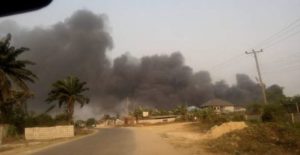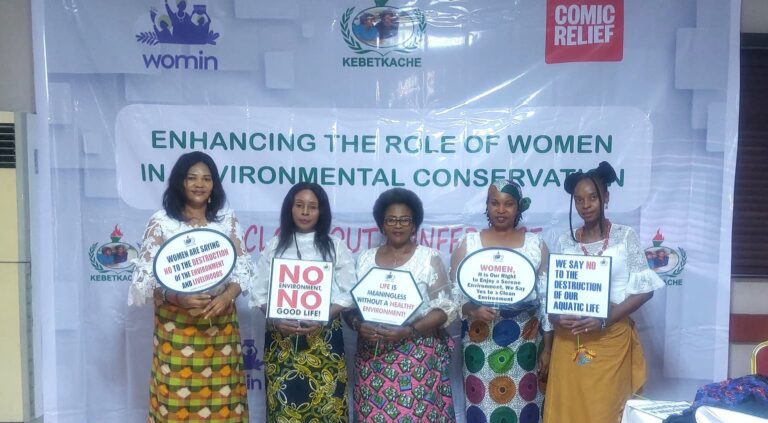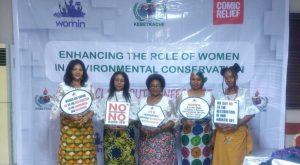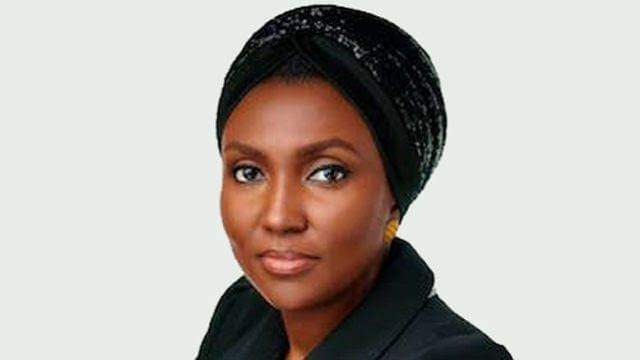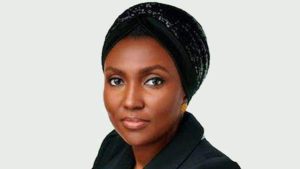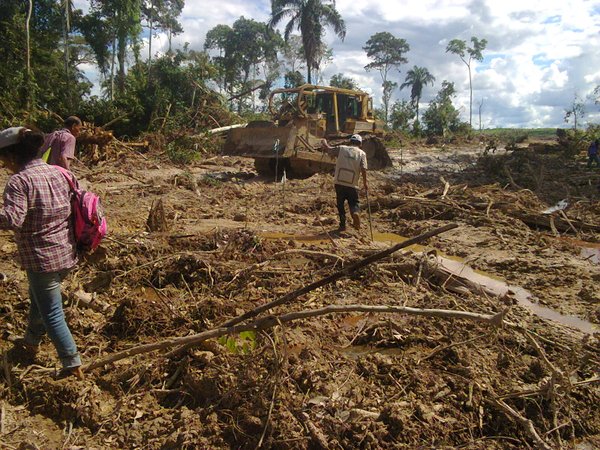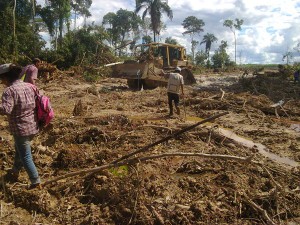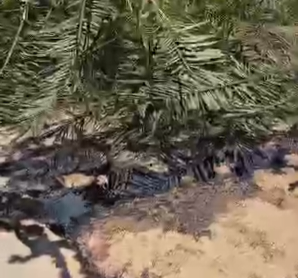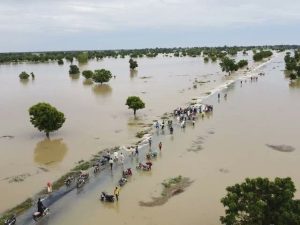As the curtain comes down on the 10th Special Session of the African Ministerial Conference on the Environment (AMCEN) in Abidjan, Côte d’Ivoire, another chapter begins. Just around the corner is the COP29 in Baku, Azerbaijan, in November 2024, where the consolidated views from AMCEN will be presented with ambitious expectations, represented by the African Group of Negotiators (AGN).
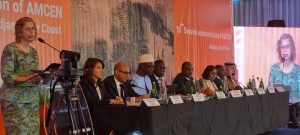
At the heart of the Abidjan meeting is a push for more climate finance flows to Africa through sustainable channels that won’t load African economies with more debts. The end goal is to strengthen the continent’s adaptation and mitigation defence systems against climate change and allow the countries to achieve a just transition. This perspective mirrors that of Ministers from the 45 least developed countries (LDCs) who gathered in Lilongwe, Malawi, last week.
The Finance COP
COP29 is aptly referred to as the “Finance COP.” Nothing short of ambitious financial outcomes is expected.
African Ministers under AMCEN declared that a New Collective Quantified Goal (NCQG) on climate finance should be adopted, one that would require rich nations to mobilise a quantum of no less than $1.3 trillion per year for developing nations. NCQG is a new financial target from the year 2025 onwards that developed countries, who are the biggest contributors to climate change, must avail to developing countries, replacing the previous commitment of $100 billion per year that they pledged in 2009 but failed to deliver on time.
Meanwhile, the LDCs, under the Lilongwe Declaration on Climate Change 2024, want the new climate finance goal to be science-based and reflective of the developing countries’ actual climate needs through increased public finance, predominantly delivered as grants. The LDC Ministers put the finance needed by their countries to implement their current climate goals to be at least $1 trillion. Also, they hold that only concessional finance should be included as climate finance and must be easily accessible.
Grants and concessional finance are crucial, in particular for adaptation and loss and damage, given that it is the rich nations that have historically caused the unsustainable build-up of greenhouse gases in the atmosphere, stoking global warming to dangerous levels.
It is COP29’s role to deliver a financing deal geared towards achieving the goals set in previous COPs – Glasgow, Sharm el-Sheikh and Dubai, AMCEN Ministers note. It should also be responsive to the evolving needs of the respective countries’ climate action plans, including their Nationally Determined Contributions (NDCs) and National Adaptation Plans (NAPs), while reflecting the global stocktake outcomes and latest scientific and technological advancements.
To avoid missteps associated with previous pledges, the AMCEN and the LDC Ministers are calling for the new finance goal to contain predictable, time-bound and reliable financial commitments from each of the developed countries.
Both groups have made it clear that the new finance goal must be delivered by developed countries jointly, in a fair and equitable manner. They have continually signalled the importance of burden-sharing arrangements among these countries to increase scale of finance and ascertain delivery of commitments.
Global finance reforms
Developing countries face a crippling debt crisis worsened by increasing climate impacts. The Ministers from both groups are asking the international financial institutions (IFIs) and multilateral development banks (MDBs) to reform their funding approach towards less developed nations. They should be more responsive to Africa’s needs, review their finance terms, and be more open to debt restructuring and relief on need basis, in what would unlock climate and development finance without pushing these countries deeper into unsustainable debt.
The Ministers have reiterated that climate finance should be given in form grants and not loans which have worsened the debt situation.
Activate loss and damage fund
AMCEN and LDC Ministers want the Loss and Damage Fund to be urgently operationalised and capitalised, as well as the Santiago Network meant to connect vulnerable countries with global providers of technical assistance, knowledge and resources needed to address climate risks. The LDC ministers, in particular, want the fund to be set up with modalities that enable rapid, simple and direct budget support to governments through national treasuries and ministries of finance, as well as to enable direct access for national and subnational entities.
The African Ministers have called for the reconsideration of the decision to host the Santiago Network in Geneva rather than Nairobi. The LDC Ministers are pushing for the inclusion of a sub-goal on loss and damage in the NCQG.
Adaptation efforts
Similarly, the Ministers are asking for Global Goal on Adaptation (GGA) to be fully operationalised and ensure adequate adaptation response to protect people, livelihoods and ecosystems from natural disasters, with a special focus on finance, capacity building and technology transfer. The amount of adaptation finance needed is about $360 billion annually, compared to about $18 billion that was available in 2019.
COP29, according to AMCEN leaders, should send the right policy signals on operationalising common but differentiated responsibilities and respective capabilities (CBDR&RC), which acknowledges the different abilities and share of responsibilities of each country in addressing climate change. Additionally, the just transition framework should reflect the priorities of Africa, in particular green industrialisation, sustainable use and value addition of natural resources, as well as addressing energy poverty and clean cooking needs.
Evans Njewa, Chair of the Least Developed Countries Group, said: “We want COP29 to deliver a bold commitment to address climate change. This is not just about promises; it’s about providing the resources needed to protect the lives and livelihoods of millions on the frontlines of the climate crisis. The LDCs are calling for an ambitious New Collective Quantified Goal (NCQG) on climate finance that reflects the actual financial needs of developing countries, ensuring they can implement their NDCs, adapt to climate impacts, and address loss and damage.”
Amos Wemanya, Greenpeace Africa Responsive Lead, said: “COP29 presents African governments and African Group of Negotiators (AGN) on climate change an opportunity to present a strong case for debt free, public and adequate climate finance to meet the needs of communities on the front line of the crisis.
“This is not time for African governments to gamble with carbon offsets and private finance as climate finance. We have been here before, and all these have proved to be dangerous distractions to finding real solutions to the climate challenges on our continent.
“Rich countries should make polluters, especially the fossil industry pay for the losses and damages caused to our communities. Africa needs climate finance to invest in renewable energy, ecosystem protection, land restoration and food sovereignty.
“At COP29, wealthy countries must provide leadership in providing the scale of climate finance required to tackle the climate crisis and restore trust in the multilateral system.”
Iskander Erzini Vernoit, Director, Imal Initiative for Climate and Development, said; “The African Ministerial reconfirms the position of the African Negotiators, to call for $1.3 trillion per year in the new goal for climate finance, which aligns with the best available needs assessment literature. Moreover, crucially, it stipulates that this should be mainly in the form of grants and concessional finance, and points to a need for the NCQG to specify a clear share for public grant finance.
“The onus is now clearly on developed countries to come to Baku ready to provide the finance necessary to help the world to fulfil the Paris Agreement, or their commitment to the Paris Agreement will be in doubt. African countries, as AMCEN notes, are already spending significant percentages of their GDP per year on climate change, despite not having caused this crisis, and so it is only right that the developed countries who are responsible for this crisis do the same.”
Yared Abera Deme, Climate Diplomacy Associate at World Resources Institute, Africa, said: “Both the Africa Group and the Least Developed Countries (LDC) group have made a decisive call on their declarations for a climate finance goal of no less than $1 trillion annually. This proposal reflects the urgent and evolving needs of our countries to adapt to climate impacts, address loss and damage, and transition to low-carbon economies.
“Ensuring that this finance is delivered primarily through grants and concessional finance is essential to avoiding further debt burdens on African/vulnerable countries. If COP29 delivers on this ambition, it will not only provide critical support for the most affected regions but also reaffirm the strength and relevance of multilateralism in addressing global challenges. Reaching a consensus on this figure would send a powerful signal that the international community remains committed to cooperation, equity, and shared responsibility in the fight against climate change.”
Julius Mbatia, Climate Finance Expert, said: “The global financial architecture has not benefited developing countries as its functioning and arrangements fall short of developing countries’ needs and realities. AMCEN’s resolve to pursue a system that is more responsive to Africa’s and developing countries’ needs in negotiations relating to the reform of the financial architecture is laudable.
“Whilst Africa remains a climate hotspot experiencing ruinous climate impacts, it holds immense natural and human capital that signify economic transformation potential if the right finance and economic tools are made available. However, the current system barely works for the continent. The determination of the new climate finance goal in COP29 must settle Africa’s struggle with debt, high cost of capital, expensive technologies, and inadequate finance to address climate change.
“Climate finance should be new and additional as the climate crisis imposes an additional burden to already constrained and struggling African countries.”
Joab Okanda, a Climate and Energy policy expert, said: “Grants based adaptation finance provided at scale that reflects the greater needs assessment, including by UNEP, and increasing costs of adaptation and loss damage is the lifeline for Africa and the lens through which African countries can build trust with their developed countries counterparts.
“As AMCEN concludes and we head to Baku in November, we must not fail communities on the frontline of the climate crisis by repeating the deliberate mistakes of the $100 billion goal by 2020 which was not only met but also failed to meet the 50-50 balance between adaptation and mitigation. Baku must ensure that finance for adaptation is scaled to at least $360 billion annually in grants equivalent. It is the only way that countries in Africa can adapt to changing climate and build resilient communities.”

